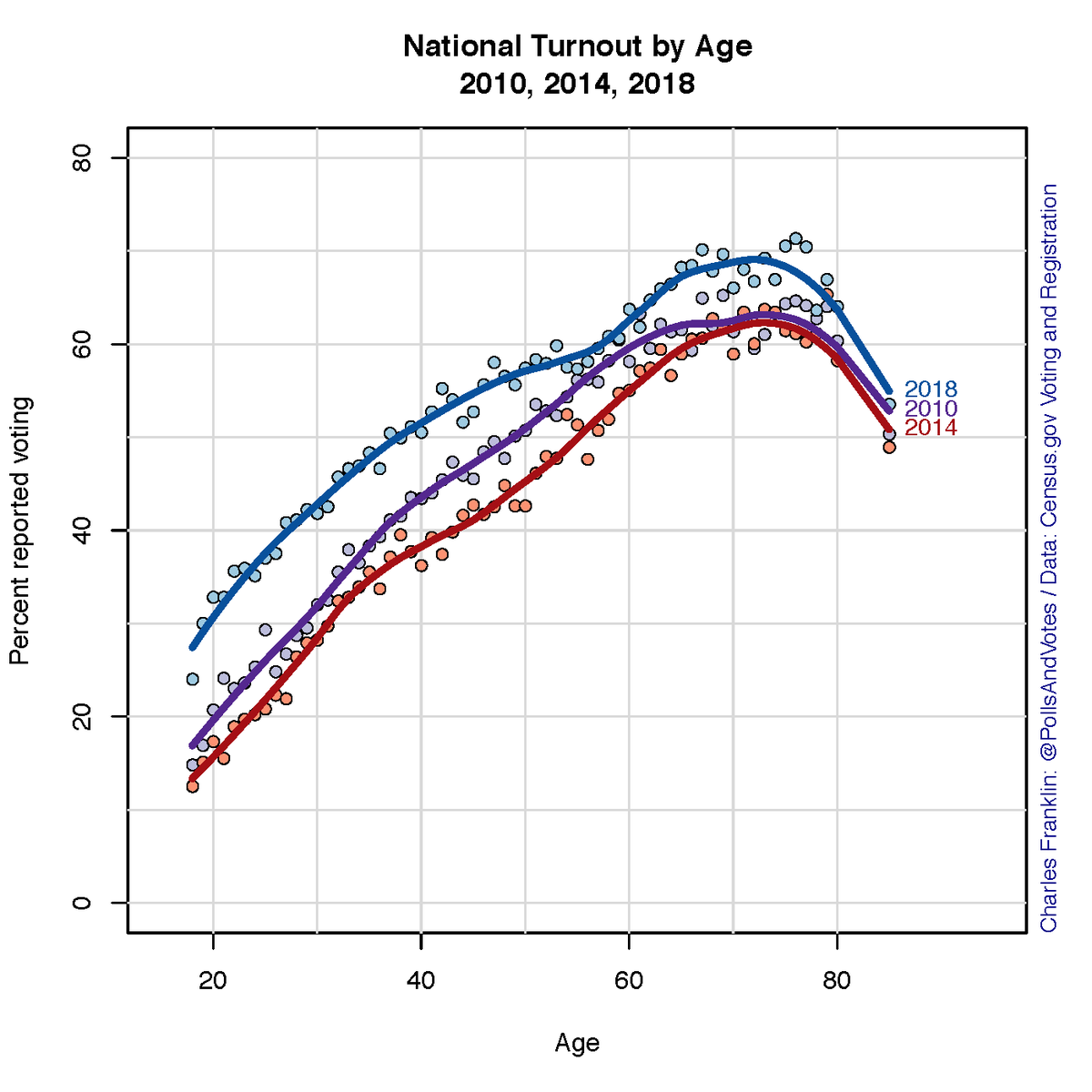every once in a while one of these nerds really swings for the fences pic.twitter.com/pWDayP5rSK
— soul nate (@MNateShyamalan) May 27, 2023
look, i get that most people who remember fascism and measles outbreaks are dead now, which is why so many people can get away with saying "they weren't so bad actually," but i will not accept this for fucking SMOKING https://t.co/3Va7hLDmos
— Josh Fruhlinger (@jfruh) May 26, 2023
I can understand ‘classic’ libertarianism — You are not the boss of me, ask any four-year-old — but ‘Left’ libertarians will forever be a mystery to me. The nanny state wants to deprive you of the chance to die horribly, just to support health insurers!
Late Night Open Thread: Thank Us for the No-Smoking (Ya Little Twerps)Post + Comments (114)



